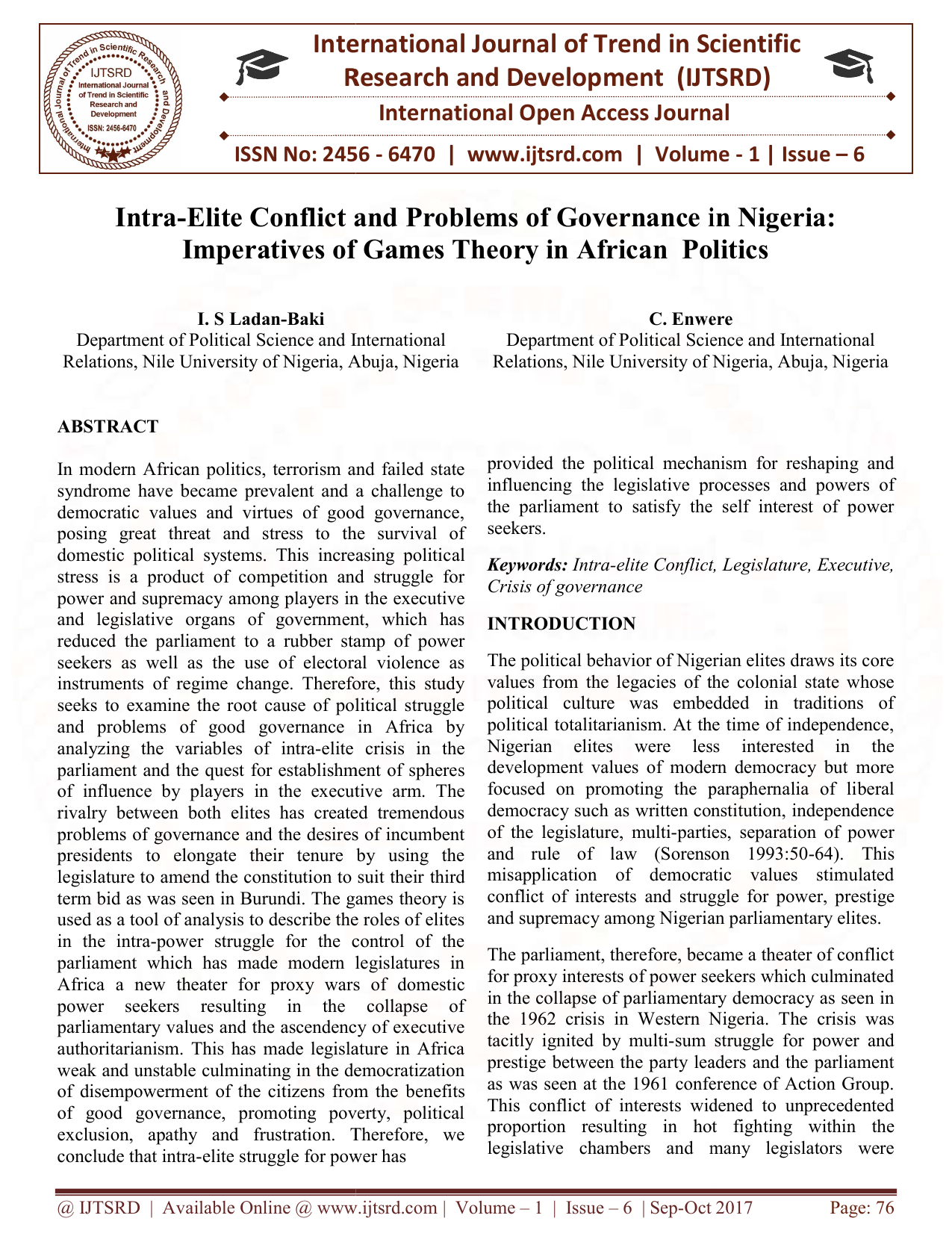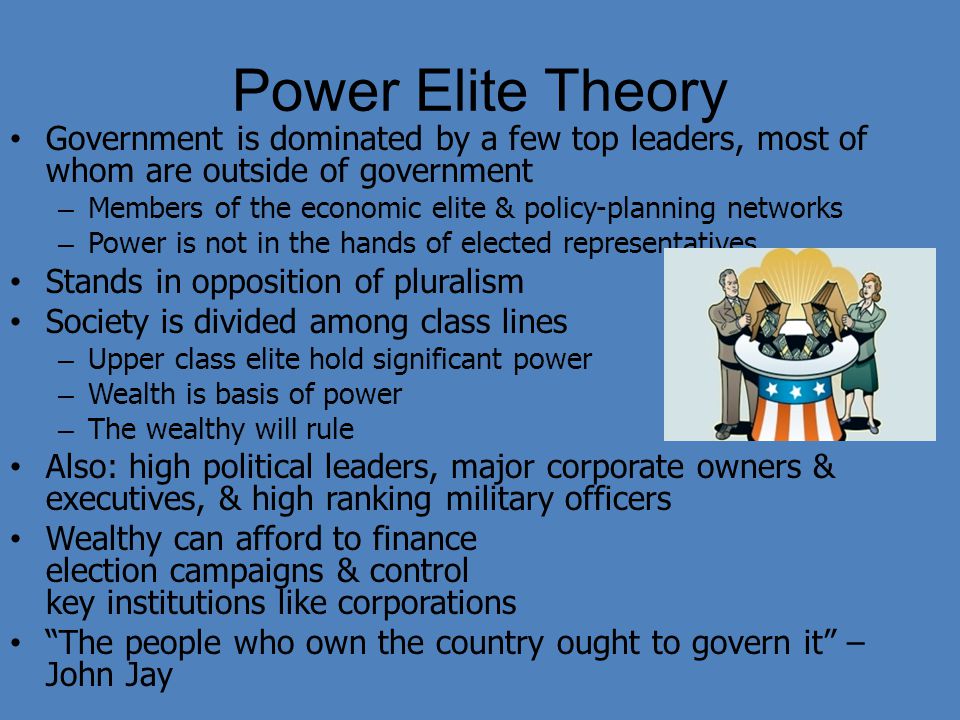Elite theory is a perspective in political science that suggests that a small group of individuals, known as elites, hold a disproportionate amount of power and influence over political decisions and policy outcomes. According to this theory, these elites, who may include politicians, business leaders, and other influential figures, shape public opinion and policy through their control of key institutions, such as the media, the government, and the economy.
Elite theory has its roots in the work of sociologists such as Vilfredo Pareto and Gaetano Mosca, who argued that elites are a natural and inevitable feature of any society. According to these scholars, elites arise as a result of the unequal distribution of resources, skills, and opportunities within a society, and they use their positions of power and influence to maintain their status and protect their own interests.
One key aspect of elite theory is the idea that elites are self-perpetuating, meaning that they work to maintain their power and influence over time by passing it down to future generations through nepotism and other forms of social and economic advantage. This can create a cycle of inequality, as those who are born into elite families are more likely to have access to the resources and opportunities that allow them to maintain their status, while those who are not may struggle to gain a foothold in the elite.
Critics of elite theory argue that it oversimplifies the complex and nuanced relationships that exist within society, and that it fails to take into account the role of other factors, such as class, race, and gender, in shaping political outcomes. They also argue that it can be used to justify or excuse the concentration of power and wealth in the hands of a few, rather than promoting greater equality and democracy.
Despite these criticisms, elite theory remains a significant and influential perspective in political science, and it continues to shape our understanding of the ways in which power and influence are exercised in society. While it is important to recognize the role of elites in shaping political outcomes, it is also crucial to recognize that other factors, such as popular movements, grassroots organizing, and social and political change, can also play a role in shaping the direction of a society.





